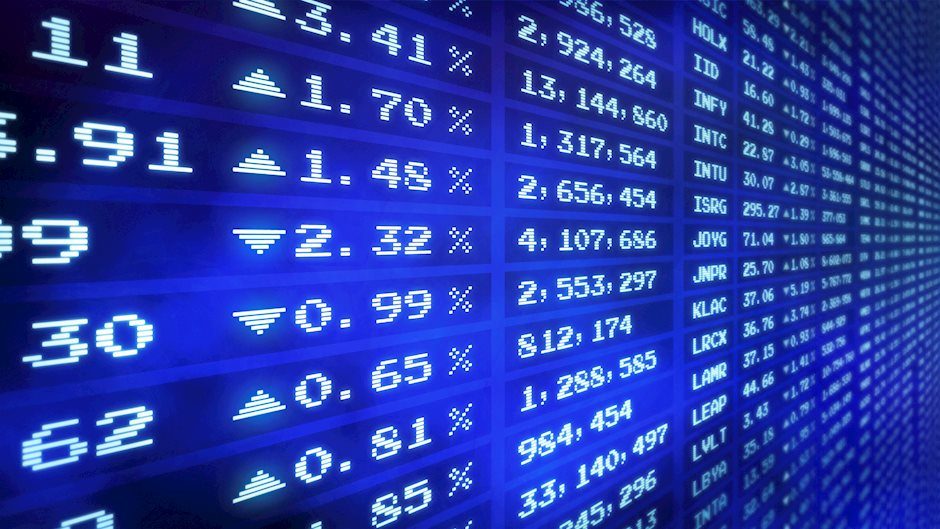When Your Friends Decide Your Credit Score

When my kids turned 16, they got three things: a driver’s license, a (used) car, and a credit card.
They needed the license to drive, needed the car so that I didn’t have to let them drive mine, and the credit card was pure convenience.
By using the card, they could buy gas without getting money from me, make small purchases we’d discussed ahead of time, have a method of payment in case of an emergency, and one more thing: They could start building credit.
If you don’t have a credit history, your FICO score starts out quite low, which makes it tougher to rent apartments, get utilities turned on, obtain credit cards in your name, and take out loans. These are all things that young adults do, so my goal was to help my kids build a credit history as soon as possible, thereby facilitating an easier path when they went out on their own.
It worked.
Their credit scores are near 800, which is pretty good. Whether or not they screw them up from here is their responsibility.
I used the known metrics of the credit rating system in the U.S. to help my kids establish their profile. But what if the credit system looked beyond financial data, and considered criteria like social activities and even friends when calculating your creditworthiness?
Would my kids still have high scores if FICO knew my son liked to game at all hours, even though he’s a voracious reader and earned good grades? Would my younger daughter, who seems to collect friends from around the nation in all walks of life, be dragged lower by association with people who’ve walked different paths?
This might sound like the stuff of science fiction, but it’s happening today, just not here.
This is the social credit system (SCS) in China.
The Chinese government intends to roll out social credit scores for its citizens by 2020.
The program will be very similar to Sesame Credit, which is a part of Ant Financial, the company that handles much of the mobile payment system across the country. These programs don’t limit their ratings to financial history. They also include social connections, security, wealth, and compliance.
Hmm.
So if a Chinese citizen pays his bills on time, but has friends who don’t, his social score will suffer. Not only that, but if the same citizen racks up too many parking tickets, he’ll also get dinged, even if he pays the tickets.
These scores have real-world implications. Chinese citizens with lower scores on similar programs find they can’t rent decent hotel rooms, travel on airplanes, book first-class tickets on trains, etc. And the Chinese government makes no apology. Their stated goal is to raise up the good actors while limiting opportunities for bad actors.
And the scores for the new system will be public.
Such a program flies in the face of Western ideals. We recoil at the notion of a government or private entity limiting our options because of our social activities, political leanings, or even legal history, to a point. But the Chinese are different. They don’t have such compunctions. But that doesn’t mean the system won’t spiral out of control.
Will those with high scores refuse to make social connections with those lower in the ranks? Will entire industries spring up around bumping one’s score by connecting with others of high rank for a fee, or performing good works that, again for a fee, get reported to local party officials?
On the other side of the coin, the SCS looks like the exact control device that the Chinese government wants so that it can put down political protests and quickly isolate disruptive individuals and groups.
The key to the entire program is the question of who gets to decide what’s acceptable or commendable behavior, and what’s not.
Everybody always agrees on what’s right and wrong… right?
It will be interesting to watch this situation unfold.
The Chinese government could be well on its way to creating a large, permanent underclass of those with low ratings who are distrusted and can’t access services. Or it could be fomenting a revolution by groups who get tagged as bad actors.
Either way, it doesn’t sound a like a recipe for long-term economic prosperity.
Author

Dent Research Team of Analysts
Dent Research

















